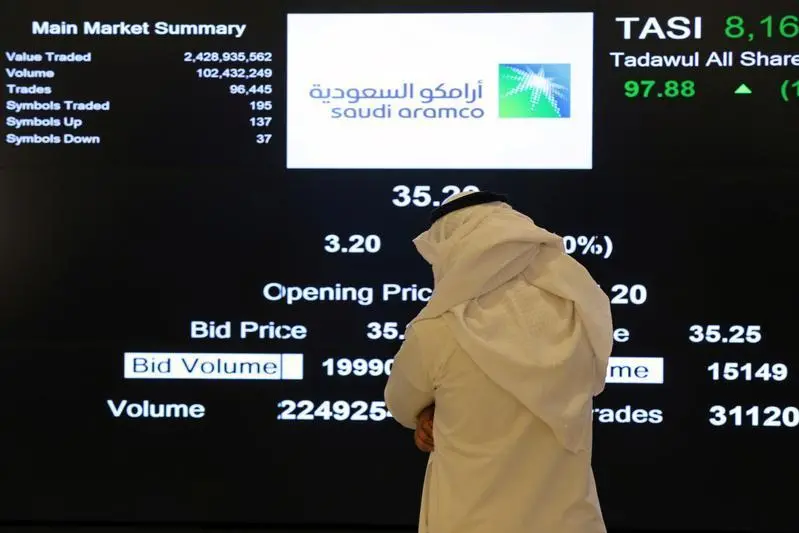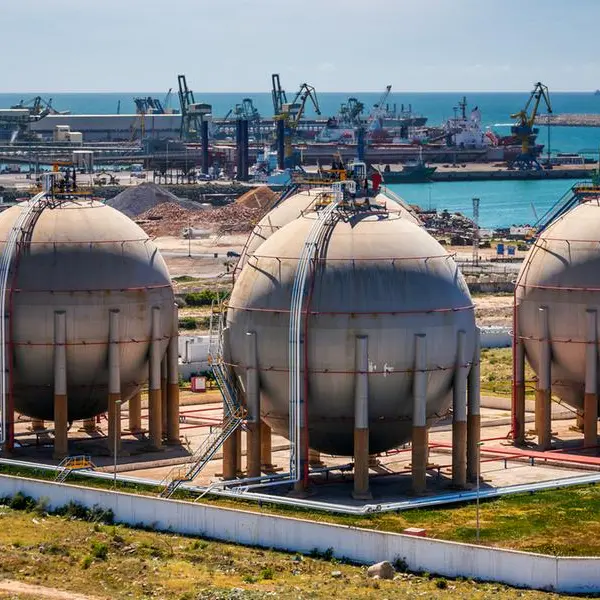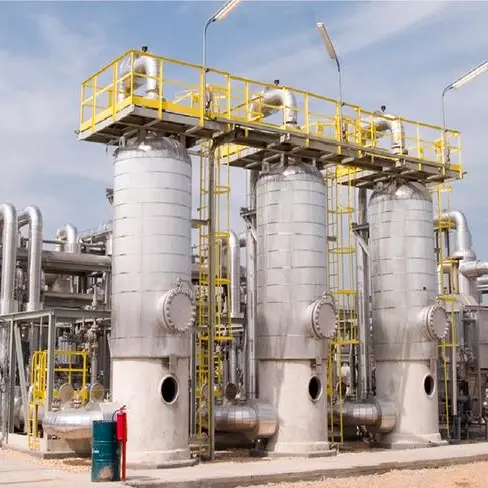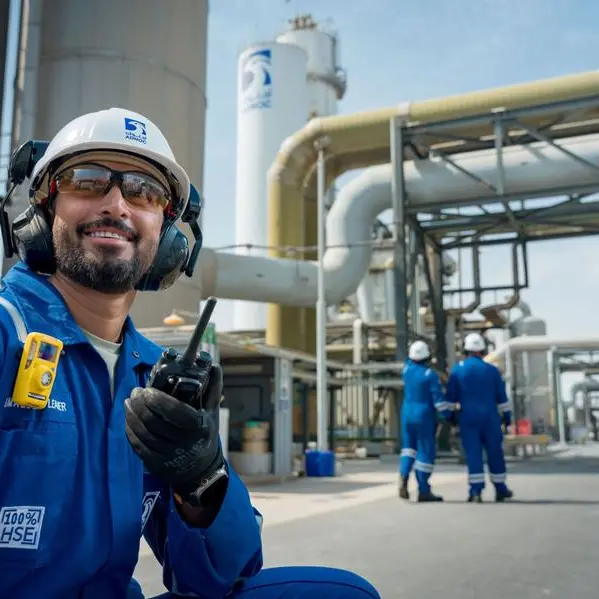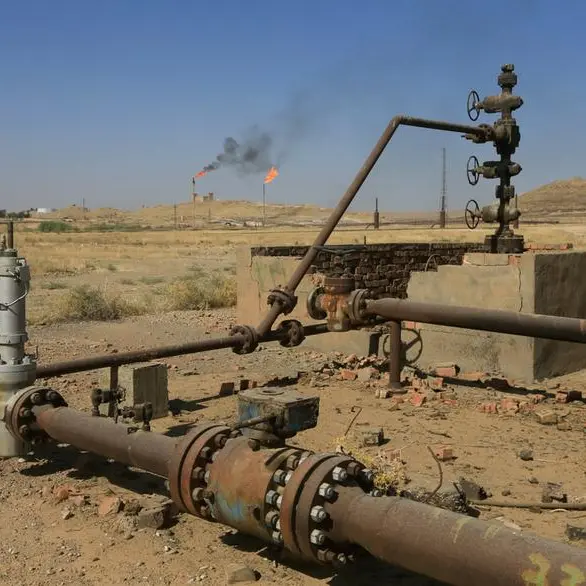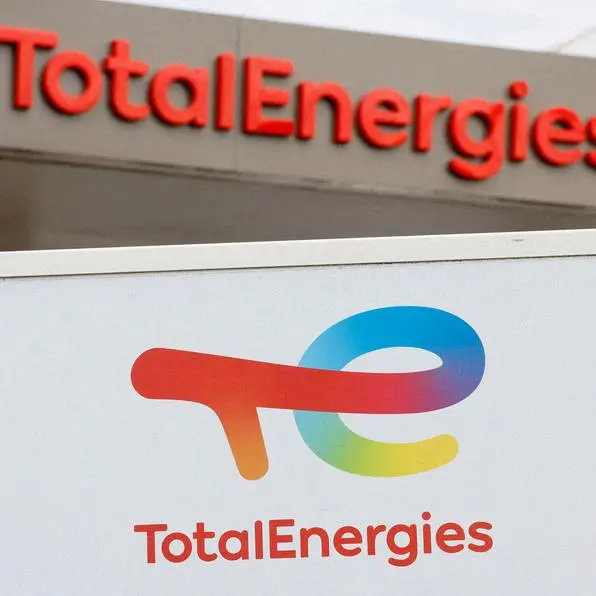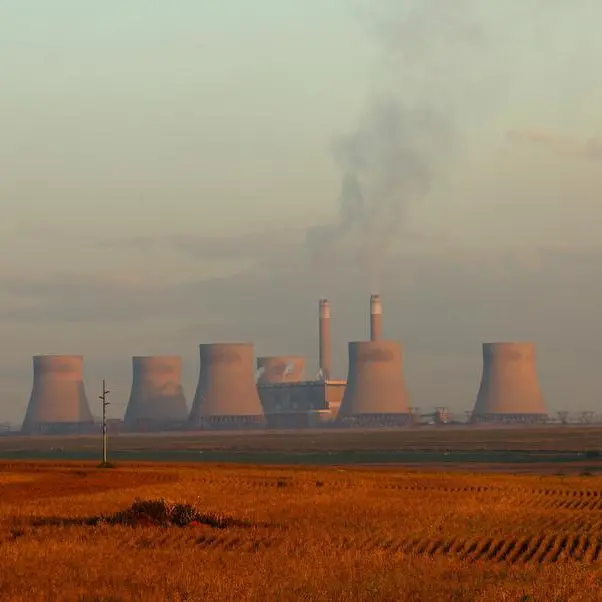PHOTO
DUBAI: Saudi Arabia's government on Thursday filed papers to sell a new stake in state oil giant Aramco that could raise as much as $13.1 billion, a landmark deal to help fund Crown Prince Mohammed bin Salman's plan to diversify the economy.
In the main part of the deal, Saudi Arabia could raise $12 billion by offering about 1.545 billion Aramco shares, equivalent to about 0.64% of the company, if it prices the sale at the top end of a 26.7 ($7.12) to 29 riyals range, according to Aramco's filing on Riyadh's Saudi Exchange.
The deal's value could rise to $13.1 billion at the top end under a so-called greenshoe option which would allow the sale of nearly 1.7 billion shares, or a 0.7% stake. That option allows bankers to use shares to stabilize the price of the offering.
Investors have long anticipated the share sale as the energy giant has sought to widen its base while generating funds to turbocharge Saudi Arabia's economic diversification programme.
"The offering provides us with an opportunity to broaden the shareholder base amongst both Saudi and international investors," Aramco Chief Executive Amin Nasser told reporters on a call after the announcement.
"It also offers us an opportunity to increase liquidity and to increase our global index weighting."
The offering is the culmination of a years-long effort to sell another chunk of one of the world's most valuable companies following its record-setting IPO in 2019 raised $29.4 billion. About 10% of the latest offering will be reserved for retail investors, subject to demand.
Sources told Reuters last week the offering could happen as soon as June.
Since the IPO, Aramco has remained a cash cow for the Saudi government, financing a mammoth economic drive to end the kingdom's "oil addiction", as the crown prince once called it.
The latest deal will allow the kingdom to finance large domestic projects tied to that agenda, said Hasan Alhasan, senior fellow at the International Institute for Strategic Studies.
Having missed its target for foreign direct investment and with a budget deficit of up to $21 billion in sight, "the kingdom is resorting to the sale of equity in Aramco and to debt issuances," he said.
"The kingdom is likely to continue redirecting capital to other sectors including renewable energy, technology, tourism, logistics and manufacturing, which Riyadh hopes will constitute sources of long-term economic growth," he added.
Aramco shares closed 0.17% lower on Thursday at 29.1 riyals ($7.76), giving the company a market capitalization of about $1.87 trillion. Its IPO price valued it at $1.7 trillion, but shares traded 10% higher on their debut, roughly in line with its current valuation.
The company lifted dividends to almost $98 billion in 2023 from the $75 billion it had been paying annually, despite profit having dropped by nearly a quarter. It expects an outlay of $124.3 billion this year.
Aramco has also invested in refineries and petrochemical projects in China and elsewhere, expanded its retail and trading businesses, and sharpened its focus on gas, making its first foray into liquefied natural gas abroad last year.
Morgan Stanley, Citi, Goldman Sachs, HSBC, Saudi National Bank, Bank of America and JPMorgan are acting as joint global coordinators on the deal, with local banks Al Rajhi Capital, Riyad Capital, Saudi Fransi Capital acting as joint bookrunners.
There were roughly half the number of banks on the deal in comparison to Aramco's IPO in 2019.
DIVERSIFICATION DRIVE
Saudi Arabia's de-facto ruler MbS, as the crown prince is known, has poured hundreds of billions of dollars through the kingdom's sovereign wealth fund into mega projects, and everything from electric vehicles to sports and a new airline, to diversify the economy away from hydrocarbons and create jobs.
But lower oil prices and production weighed on economic growth last year while spending rose, leading to a fiscal deficit of around 2% of GDP, with a similar deficit expected this year.
Aramco introduced a special performance-based dividend last year, providing cash to the kingdom and helping to lure new investors.
The company has also signed up more banks as market-makers to help improve liquidity in the shares.
The world's biggest oil exporter trades at a higher price-to-earnings ratio than other global oil companies, including ExxonMobil, BP and Shell.
The stock is down about 12% this year, while shares of ExxonMobil and BP are up around 14% and 4% respectively.
Saudi Arabia is the de facto leader of the Organization of the Petroleum Exporting Countries, helping engineer price moves on world oil markets.
Aramco currently produces about 9 million barrels of crude a day, about three quarters of its maximum capacity, to comply with output cuts agreed by OPEC and its allies, known as OPEC+.
OPEC+ is set to decide its next production policies on Sunday, and several sources and analysts expect the meeting to roll over existing cuts into the second half of 2024.
Should OPEC+ surprise the market and cut production further, oil prices could rise from the current roughly $82 a barrel, but Aramco would have to reduce output and face even lower revenues. ($1 = 3.7506 riyals)
(Reporting by Hadeel Al Sayegh, Maha El Dahan, Yousef Saba and Federico Maccioni; Writing by Yousef Saba; Editing by Bernadette Baum, Jan Harvey, Anousha Sakoui and David Gregorio)
